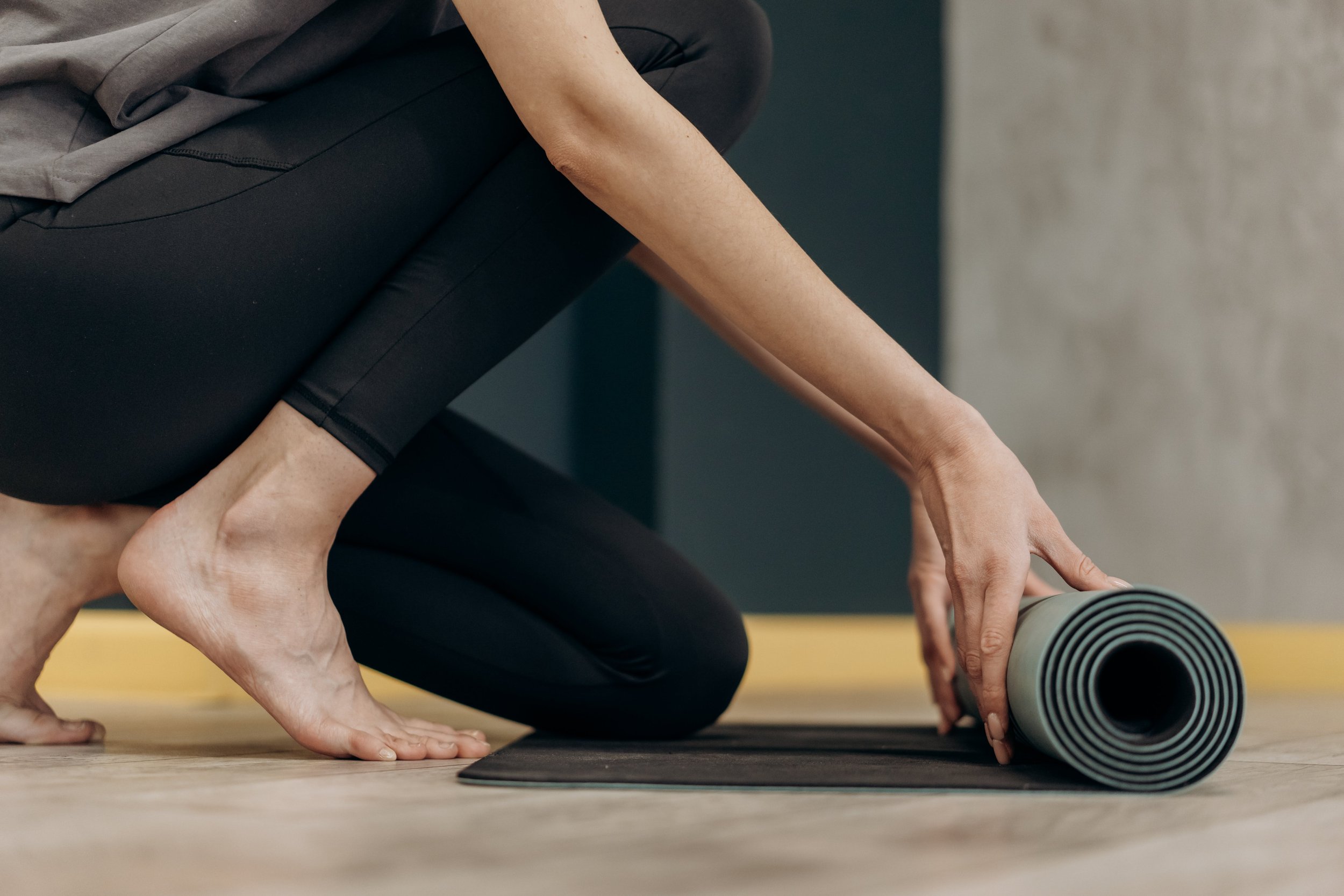
Trauma Sensitive Yoga
I am a Registered Psychologist and a Level 1 Yoga teacher. I have completed foundational training in Trauma Centre Trauma Sensitive Yoga (TCTSY) with the Center for Trauma and Embodiment.
Trauma affects both the mind and body. This means that mind-body practices like Yoga can be very challenging for individuals with a trauma history. Trauma Sensitive Yoga not only makes Yoga accessible to individuals with a trauma history, but is also an avenue to re-establish a safe mind-body connection, vital for the healing of trauma.
Trauma is stored in the body. After a traumatic experience, the nervous system can respond to triggering situations as though the traumatic experience is re-occurring.
This can lead to dissociation and a sense of disconnection from the body in order to cope. In addition to effects such as anxiety and memory loss, trauma can make individuals more prone to serious chronic health conditions. Trauma Sensitive Yoga offers a way to reclaim a sense of safety in your body and an empowering path towards healing.
Our thoughts, feelings and histories, impact on our biological functioning. Conversely, what we do with our physical body, what we eat, our sleep, exercise and posture, impacts on our mental state.
Traditional talk-based psychotherapy is a top-down approach to treatment, to shift the way we think, by working with the brain region responsible for logic and reasoning. Over time, this can enable an individual to respond differently to actual and perceived threats, trauma triggers and other stressors. Bottom-up approaches to trauma therapy on the other hand, are somatically-based interventions that work by modulating body functioning. These approaches attempt to shift trauma’s imprint on the body by accessing the limbic system, and by directly targeting sensory receptors located throughout the body.
Mind-body therapies can include activities such as
Yoga, tai chi, qigong, dance, meditation, mindfulness, art, music, exercise, rhythmic movement and breath work.
We know from research on bottom-up interventions, that Trauma Sensitive Yoga can be very helpful for adults with long histories of limited response to traditional trauma therapies. These mind-body practices, such as Yoga and meditation, that are focused on sensory motor regulation or integration, may expand interoceptive awareness through proprioception . These interventions appear to possess the potential to help guide individuals with complex trauma towards a more integrated awareness and processing of unresolved trauma symptoms and reactions, helping to reset the thinking and feelings centers of the brain and to release the stranglehold ofcomplex trauma on the body.
I fell in love with Yoga as an adolescent, I did not consciously know why, but I knew I always felt better after, more centred, more me.
After spending time practicing Yoga in Rishikesh, at the foot of the Himalayas in India, I recognised how the ideology and practices of traditional Yoga are consistent with and complementary to evidence based Western therapeutic approaches. Counselling is a great way to address our issues utilising top-down processing, whereas Trauma Sensitive Yoga as an adjunct to Counselling or as an independent treatment, offers a means to engage in bottom-up processing to support healing and recovery.


